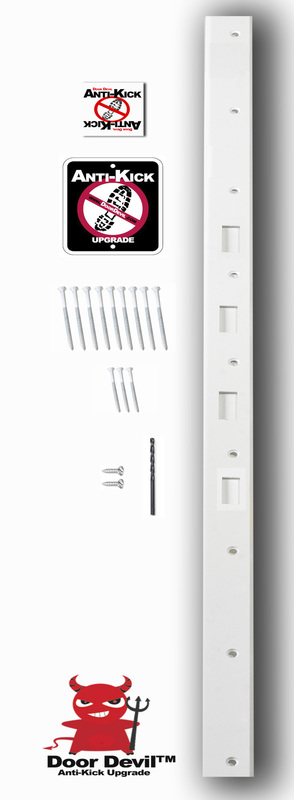 Calls to locksmiths from consumers regarding a lockout situation are often deemed "emergencies" by the customer. Those offering emergency service or divert normal service to accommodate an emergency call will often prioritize the call with an added charge to cover lost wages from other scheduled work. Some locksmith specialize only in emergency response calls while other "alleged locksmiths" pose as they do. Consumers are often overwhelmed by the idea they are locked out of their home, car or office. The loss of time, the embarrassment and unexpected cost often interferes with their judgment and willingness to listen to the advice many professional locksmiths provide them, and in many cases cost is the single most contributing factor in the acceptance or rejection of a service response. This error results very often in an unsatisfied experience. When a consumer contacts a locksmith during a lockout they should expect to be asked several questions, not just quoted a flat rate. They should also expect to be asked to provide some form of evidence that they have authority to enter or are who they claim to be. These questions are asked to develop an assessment for the locksmith to prepare and to convey both a best and worst case scenario for the consumers situation. This information is the best a locksmith can do without actually being on site to evaluate his/her response or methodology to service the call. Often the responses provided by the consumer do not coincide with the actual conditions found upon arrival by the locksmith and costs can change as a result. If the consumer is not asked for identification prior to any service, then you are not dealing with a professional and should refuse any further service. Your identification information should be included as part of the invoice and retained by the locksmith as a record of the incident should law enforcement inquire. If the consumer is intimidated or threatened in any way, they should contact the police and ask for assistance. The consumer also should ask the locksmith for their identification. A valid state drivers license is something every responding service provider would have. If a locksmith declines to provide the consumer valid identification, the consumer should decline service. If the locksmith is not provided identification when they request it from the consumer, they will decline offering service or ask for police assistance in verifying identity. To determine the difference between a locksmith and those "posing" as locksmith the consumer should ask, "Will you damage my lock?" or "What non-destructive methods of entry will you first attempt to use?." This single question will unfold a discovery process that will reveal the locksmith’s knowledge and intent. In many cases professional locksmiths will express to the consumer during the call for service that they will employ the use of non-destructive methods BEFORE having to drill. If drilling is the recommended method then remember to get a written quote. It is not uncommon for a locksmith to provide a reconditioned replacement part or spare used parts at no charge if a precision drilling procedure must be utilized. Drilling should not destroy the lockset, but may effect a small component which is easily replaced or repaired. In many cases, the cost to provide such parts is minimal and often built into the cost of the service.
Members of he Society of Professional Locksmiths participate in continuing education and professional development programs to provide the consumer the best possible service. Call your local SOPL Locksmith to receive professional advice and service. http://www.locksmithripoffs.com/index.html
0 Comments
Your comment will be posted after it is approved.
Leave a Reply. |
Categories
All
|
Services |
Company |
|

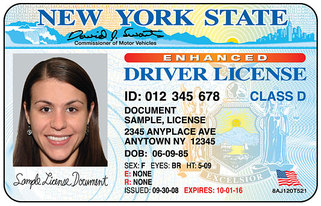
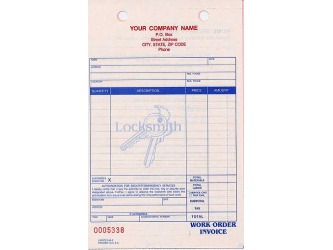
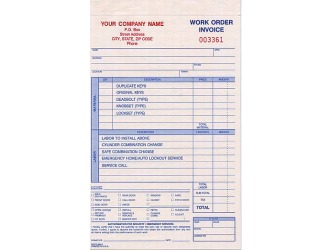
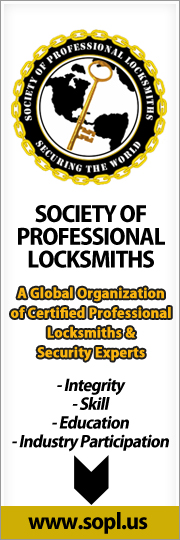

 RSS Feed
RSS Feed
